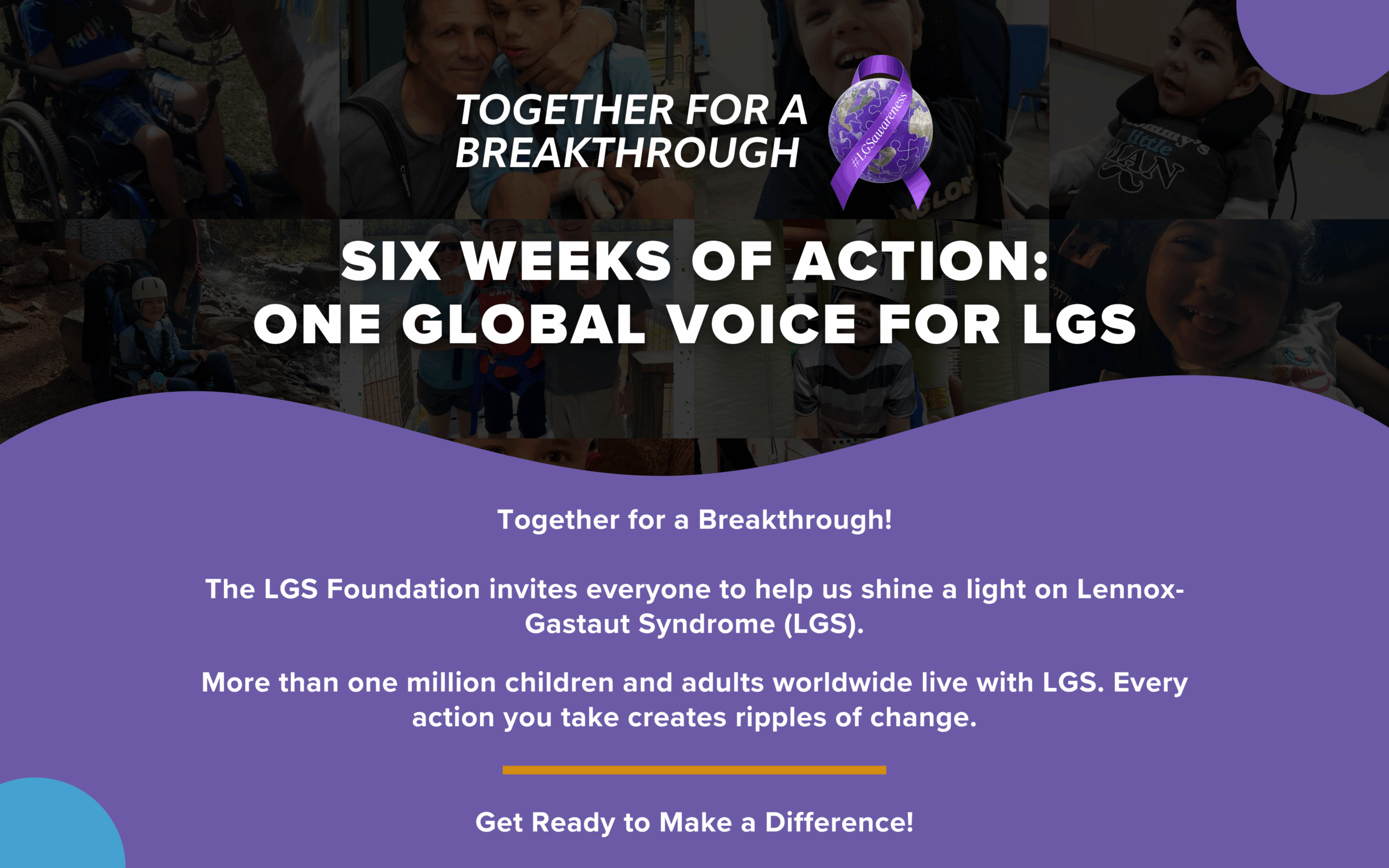The Latest in LGS Research - July 2024
While there are no cures for LGS, current LGS Foundation-funded researchers are focused on two areas where their efforts can lead to improved lives for those with LGS and their families. One of these areas is seizure control and another is sleep.
One goal of research area one is to target seizures in new and more direct ways. Seizure control can be improved by identifying target neurons or by developing new ways to interrupt the routes that seizures travel in the brain (also called seizure circuits). Progress in this area has come from LGS Foundation-supported Stanford scientists Ryan Jamiolkowski MD, PhD and Ivan Soltesz, PhD who recently reported that a group of neurons in the hippocampus, known as FC neurons, can start seizures and keep them going When these neurons were quieted using experimental methods, seizures stopped! These data suggest that FC neurons are a potential target for stopping seizures directly. In a parallel Cure LGS 365 Research Grant study, the Soltesz lab is developing a new approach to use focused ultrasound (ultrasound to the brain through the skull) as a non-surgical method of deep brain stimulation for seizure control. Through this work, it may one day be possible to target FC neurons with focused ultrasound to stop seizures.
Sleep is another major area of research for the LGS Foundation. Sleep is difficult for those with LGS and their loved ones. Seizures occur frequently during sleep, and interfere with healthy rest. Nighttime seizures also mean that caregivers and family members are not getting their best sleep. Two new Cure LGS 365 Grants focus on sleep.
Dr. Gita Gupta at the University of Michigan School of Medicine seeks to understand the association between sleep quality and seizure severity. Her study is using wearable devices like a smart watch in combination with in-clinic evaluations and questionnaires to evaluate long-term sleep data in children with LGS.
Dr. Aaron Warren at Brigham and Women’s Hospital and Harvard Medical School will evaluate sleep in an ongoing clinical trial of responsive neurostimulation (RNS). His study will evaluate day-night rhythms during a year-long observation period of 20 individuals with LGS using the RNS device. He seeks to determine if clinical improvements after RNS can be predicted by treatment-related changes in day and night rhythms in the brain.
Our Cure LGS 365 Research Grants Program brings the patient and family voice to research. Together, we will find better treatments and cures for LGS.
For more information on these and other LGS Foundation research initiatives please visit www.lgsfoundation.org/finding-the-cures-together.
Mike McConnell, PhD
Scientific Director, LGS Foundation
Links to Soltesz Study press:
- https://med.stanford.edu/news/all-news/2024/04/epilepsy-treatment.html
- https://medschool.vanderbilt.edu/basic-sciences/2024/04/17/nguyen-marries-basic-and-translational-approaches-to-id-new-brain-region-responsible-for-epileptic-seizures/
Updated 07/25/24 (AM)

